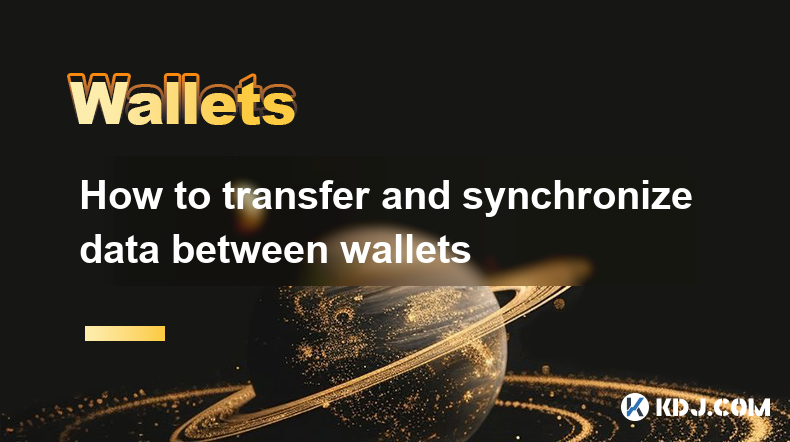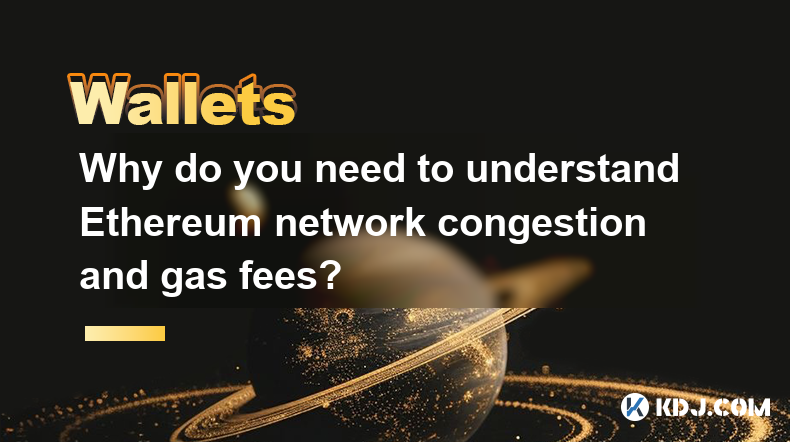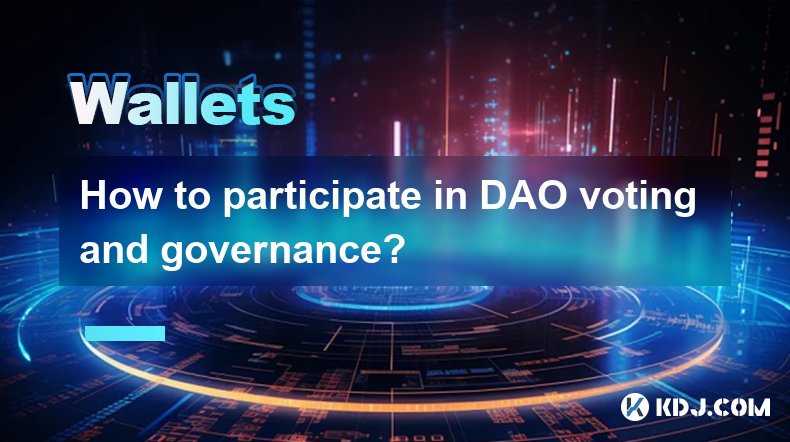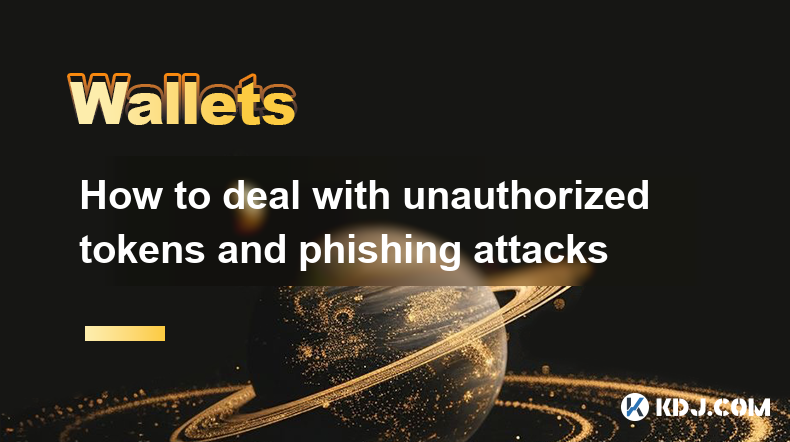-
 Bitcoin
Bitcoin $96,440.4167
-1.90% -
 Ethereum
Ethereum $2,690.5903
-2.45% -
 XRP
XRP $2.5889
-2.81% -
 Tether USDt
Tether USDt $0.9999
-0.06% -
 BNB
BNB $654.8775
0.10% -
 Solana
Solana $172.0925
-2.14% -
 USDC
USDC $1.0001
0.01% -
 Dogecoin
Dogecoin $0.2443
-3.72% -
 Cardano
Cardano $0.7664
-4.02% -
 TRON
TRON $0.2380
-4.11% -
 Chainlink
Chainlink $17.5412
-3.99% -
 Avalanche
Avalanche $25.1331
-0.31% -
 Sui
Sui $3.3388
-4.88% -
 Stellar
Stellar $0.3280
-3.42% -
 Litecoin
Litecoin $128.3458
-3.53% -
 Toncoin
Toncoin $3.6686
2.01% -
 Hedera
Hedera $0.2162
-1.94% -
 Shiba Inu
Shiba Inu $0.0...01525
-2.17% -
 UNUS SED LEO
UNUS SED LEO $9.7276
-0.21% -
 Hyperliquid
Hyperliquid $24.5558
-1.54% -
 Polkadot
Polkadot $5.1157
1.32% -
 MANTRA
MANTRA $7.5975
-0.22% -
 Bitcoin Cash
Bitcoin Cash $318.1092
-3.19% -
 Bitget Token
Bitget Token $4.9846
7.29% -
 Ethena USDe
Ethena USDe $0.9990
-0.08% -
 Dai
Dai $1.0000
-0.01% -
 Uniswap
Uniswap $8.8351
-4.88% -
 Monero
Monero $232.2775
-1.28% -
 NEAR Protocol
NEAR Protocol $3.4888
-1.57% -
 Pepe
Pepe $0.0...09261
-4.99%
Multi-signature scenario: shared account and fund management
Multi-signatures empower shared account control, enhancing security through the requirement of multiple signatures to authorize transactions, safeguarding against malicious actors and unauthorized access.
Feb 21, 2025 at 07:12 am

Key Points
- Shared Account Control and Enhanced Security
- Multi-Sig Applications in Cryptocurrency Exchanges
- Real-World Use Cases in Fund Management
- Implementing Multi-Signature for Security
- Determining the Optimal Number of Signers
Shared Account Control and Enhanced Security
Multi-signatures introduce a decentralized approach to account management, ensuring control is shared among multiple authorized individuals. By requiring a predetermined number of signatures to execute transactions, multi-sig safeguards against unauthorized access and fraudulent activities. Each signer holds a unique private key, and only when a sufficient number of signatures are combined can a transaction be executed. This mechanism eliminates single points of failure and prevents malicious actors from gaining sole control over sensitive accounts.
Multi-Sig Applications in Cryptocurrency Exchanges
Cryptocurrency exchanges leverage multi-signature technology to enhance the security of customer funds. By storing users' crypto assets in shared accounts controlled by multiple signers within the exchange, the risk of unauthorized withdrawals is significantly reduced. Even if one signer's private key is compromised, the remaining signers can collectively block any potentially fraudulent transactions. Multi-sig implementation in exchanges provides peace of mind to users, assuring them of the safety and integrity of their funds.
Real-World Use Cases in Fund Management
Beyond cryptocurrency exchanges, multi-signatures find practical applications in the realm of fund management. Investment funds often require strict controls over access to and management of assets. Multi-sig enables the creation of shared fund accounts, where each fund manager holds a unique private key. Transactions can only be authorized when a predetermined number of signatures are collected, ensuring that all fund managers are in agreement on investment decisions and withdrawals. This collaborative approach minimizes the risk of mismanagement or fraud, while promoting transparency and accountability.
Implementing Multi-Signature for Security
Implementing multi-signature is a multifaceted process that involves understanding the underlying principles and selecting a suitable multi-sig provider. The choice of provider largely depends on the specific application and security requirements. Once a provider is selected, it is crucial to carefully generate multiple private keys and store them securely to prevent unauthorized access. The number of signers and the required number of signatures should be determined based on the desired level of security and operational efficiency.
Determining the Optimal Number of Signers
Establishing the ideal number of signers for a multi-signature account requires careful consideration of security and practicality. A higher number of signers enhances security by distributing authority over the account, but it can also introduce logistical challenges and potentially slow down transaction execution. A lower number of signers simplifies management and reduces operational overhead but may compromise security to some extent. Determining the optimal balance between these competing factors is crucial for each specific implementation, taking into account the account's intended purpose and security requirements.
FAQs
What are the benefits of using a multi-signature wallet?
Multi-signature wallets provide enhanced security by requiring multiple signatures to authorize transactions, reducing the risk of unauthorized access and fraudulent activities. They are particularly valuable for safeguarding large sums of cryptocurrency or sensitive data.
How does a multi-signature transaction work?
In a multi-signature transaction, a group of authorized individuals generate their own private keys. In order to execute a transaction, a predetermined number of private keys must combine their signatures. This process ensures that only authorized parties can access and control the funds.
What is the difference between a 2-of-3 and a 3-of-5 multi-signature?
In a 2-of-3 multi-signature, any two out of three authorized signers can approve a transaction. In a 3-of-5 multi-signature, at least three out of five authorized signers must approve. A higher number of required signatures enhances security but may add complexity to account management.
Disclaimer:info@kdj.com
The information provided is not trading advice. kdj.com does not assume any responsibility for any investments made based on the information provided in this article. Cryptocurrencies are highly volatile and it is highly recommended that you invest with caution after thorough research!
If you believe that the content used on this website infringes your copyright, please contact us immediately (info@kdj.com) and we will delete it promptly.
- 5 Best Cryptos to Buy Today: BTFD Coin, Dogecoin, Goatseus Maximus, Baby Doge Coin, Pudgy Penguins
- 2025-02-22 16:30:25
- New IP-Focused Altcoin Surges 164% in First Week Amid Launch of Research Collaboration With Stanford University
- 2025-02-22 16:30:25
- Top Crypto Projects to Invest in February 2025: Qubetics, Render, Solana, and XRP
- 2025-02-22 16:30:25
- Discover the Future of Digital Currency: Insights into SEI, EOS, and the Revolutionary Qubetics
- 2025-02-22 16:30:25
- Bybit Hit By Colossal $1.46 Billion Hack, Biggest Crypto Theft In History
- 2025-02-22 16:30:25
- BTFD Coin: The Ultimate Play for Smart Investors
- 2025-02-22 16:30:25
Related knowledge

What are cold storage and hot storage? Which one is safer?
Feb 22,2025 at 03:18pm
Key Points:Cold storage and hot storage are two methods of storing cryptocurrencies.Cold storage involves storing cryptocurrencies offline, while hot storage involves storing them online.Cold storage is generally considered safer than hot storage, as it is not connected to the internet and is therefore less susceptible to hacking.Cold StorageCold storag...

How to synchronize wallets in multiple devices and browsers
Feb 22,2025 at 09:18am
Key Points:Understand the different types of cryptocurrency wallets and their synchronization capabilities.Learn how to synchronize hardware wallets with multiple devices.Discover the steps involved in synchronizing software wallets across platforms.Explore the options for synchronizing mobile wallets on different devices.Gain insight into browser exten...

How to transfer and synchronize data between wallets
Feb 21,2025 at 12:25pm
Key Points:Understanding different wallet types and their capabilitiesIdentifying similarities and differences between walletsExploring options for transferring and synchronizing dataEnsuring data security and integrity during transferAddressing common challenges and troubleshooting tipsHow to Transfer and Synchronize Data Between Cryptocurrency Wallets...

Why do you need to understand Ethereum network congestion and gas fees?
Feb 21,2025 at 04:48am
Key PointsUnderstanding Ethereum Network Congestion and Gas FeesGas Fees ExplainedFactors Affecting Network CongestionStrategies for Minimizing Gas FeesImpact of Ethereum UpgradesUnderstanding Ethereum Network Congestion and Gas FeesThe Ethereum network is a decentralized platform that hosts a vast ecosystem of decentralized applications (dApps), non-fu...

How to participate in DAO voting and governance?
Feb 21,2025 at 03:42pm
Key Points:Overview of DAO Voting and GovernanceUnderstanding DAO Structures and MembershipRole of DAO Tokens and Voting RightsParticipating in Voting and Proposal SubmissionLeveraging Governance Tools and PlatformsImpact of Voting Participation on DAO OutcomesBest Practices for Effective DAO GovernanceHow to Participate in DAO Voting and Governance1. U...

How to deal with unauthorized tokens and phishing attacks
Feb 21,2025 at 05:25am
Dealing with Unauthorized Tokens and Phishing Attacks in the Cryptocurrency CircleThe cryptocurrency market is rife with potential dangers, including unauthorized tokens and phishing attacks. To protect yourself from these threats, it's crucial to take proactive measures and be vigilant in your online activities.Key Points:Unauthorized Tokens: Tokens cr...

What are cold storage and hot storage? Which one is safer?
Feb 22,2025 at 03:18pm
Key Points:Cold storage and hot storage are two methods of storing cryptocurrencies.Cold storage involves storing cryptocurrencies offline, while hot storage involves storing them online.Cold storage is generally considered safer than hot storage, as it is not connected to the internet and is therefore less susceptible to hacking.Cold StorageCold storag...

How to synchronize wallets in multiple devices and browsers
Feb 22,2025 at 09:18am
Key Points:Understand the different types of cryptocurrency wallets and their synchronization capabilities.Learn how to synchronize hardware wallets with multiple devices.Discover the steps involved in synchronizing software wallets across platforms.Explore the options for synchronizing mobile wallets on different devices.Gain insight into browser exten...

How to transfer and synchronize data between wallets
Feb 21,2025 at 12:25pm
Key Points:Understanding different wallet types and their capabilitiesIdentifying similarities and differences between walletsExploring options for transferring and synchronizing dataEnsuring data security and integrity during transferAddressing common challenges and troubleshooting tipsHow to Transfer and Synchronize Data Between Cryptocurrency Wallets...

Why do you need to understand Ethereum network congestion and gas fees?
Feb 21,2025 at 04:48am
Key PointsUnderstanding Ethereum Network Congestion and Gas FeesGas Fees ExplainedFactors Affecting Network CongestionStrategies for Minimizing Gas FeesImpact of Ethereum UpgradesUnderstanding Ethereum Network Congestion and Gas FeesThe Ethereum network is a decentralized platform that hosts a vast ecosystem of decentralized applications (dApps), non-fu...

How to participate in DAO voting and governance?
Feb 21,2025 at 03:42pm
Key Points:Overview of DAO Voting and GovernanceUnderstanding DAO Structures and MembershipRole of DAO Tokens and Voting RightsParticipating in Voting and Proposal SubmissionLeveraging Governance Tools and PlatformsImpact of Voting Participation on DAO OutcomesBest Practices for Effective DAO GovernanceHow to Participate in DAO Voting and Governance1. U...

How to deal with unauthorized tokens and phishing attacks
Feb 21,2025 at 05:25am
Dealing with Unauthorized Tokens and Phishing Attacks in the Cryptocurrency CircleThe cryptocurrency market is rife with potential dangers, including unauthorized tokens and phishing attacks. To protect yourself from these threats, it's crucial to take proactive measures and be vigilant in your online activities.Key Points:Unauthorized Tokens: Tokens cr...
See all articles














![BONK The Meme Coin MORE THAN ORDINARY [DOG] on Solana BONK The Meme Coin MORE THAN ORDINARY [DOG] on Solana](/uploads/2025/02/22/cryptocurrencies-news/videos/bonk-meme-coin-ordinary-dog-solana/image-1.jpg)


































































